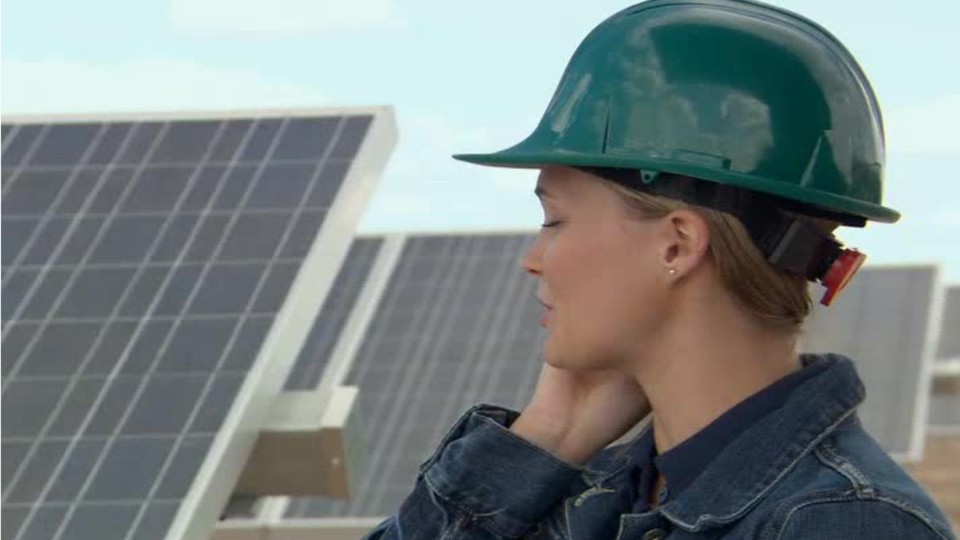Environmental Engineers
Engineer, Environmental Engineer, Environmental Remediation Specialist, Sanitary Engineer
What they do:
Research, design, plan, or perform engineering duties in the prevention, control, and remediation of environmental hazards using various engineering disciplines. Work may include waste treatment, site remediation, or pollution control technology.
On the job, you would:
- Design, or supervise the design of, systems, processes, or equipment for control, management, or remediation of water, air, or soil quality.
- Assess the existing or potential environmental impact of land use projects on air, water, or land.
- Collaborate with environmental scientists, planners, hazardous waste technicians, engineers, experts in law or business, or other specialists to address environmental problems.
Knowledge
Engineering and Technology
- product and service development
- design
Math and Science
- chemistry
- arithmetic, algebra, geometry, calculus, or statistics
Arts and Humanities
- English language
Business
- customer service
Skills
Basic Skills
- keeping track of how well people and/or groups are doing in order to make improvements
- listening to others, not interrupting, and asking good questions
Problem Solving
- noticing a problem and figuring out the best way to solve it
People and Technology Systems
- thinking about the pros and cons of different options and picking the best one
- figuring out how a system should work and how changes in the future will affect it
Abilities
Verbal
- communicate by speaking
- communicate by writing
Ideas and Logic
- make general rules or come up with answers from lots of detailed information
- notice when problems happen
Math
- add, subtract, multiply, or divide
- choose the right type of math to solve a problem
Memory
- remember words, numbers, pictures, or steps
Personality
People interested in this work like activities that include ideas, thinking, and figuring things out.
They do well at jobs that need:
- Innovation
- Achievement Orientation
- Intellectual Curiosity
- Cautiousness
- Integrity
- Attention to Detail
Technology
You might use software like this on the job:
Analytical or scientific software
- Insightful S-PLUS
- The MathWorks MATLAB
Desktop communications software
- Eko
Compliance software
- Material safety data sheet MSDS software
- Regulatory compliance management software
Education
Education: (rated 4 of 5)
bachelor's degree or
master's degree
usually needed
master's degree
usually needed
Job Outlook
Average
New job opportunities are likely in the future.
Explore More
- Brownfield Redevelopment Specialists & Site Managers
- Environmental Compliance Inspectors
- Environmental Engineering Technologists & Technicians
- Environmental Scientists & Specialists, Including Health
- Water/Wastewater Engineers
You might like a career in one of these industries:
See more details at O*NET OnLine about Environmental Engineers.





